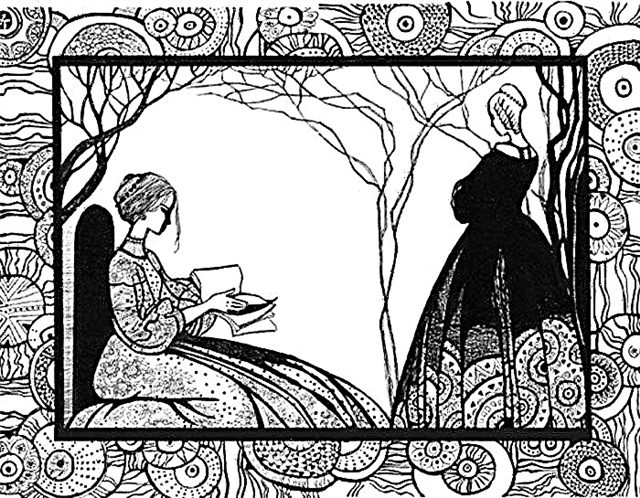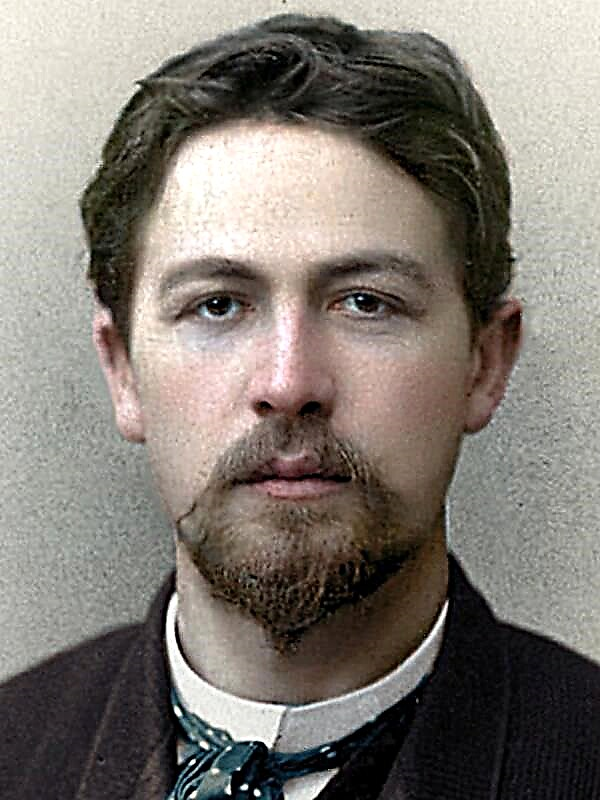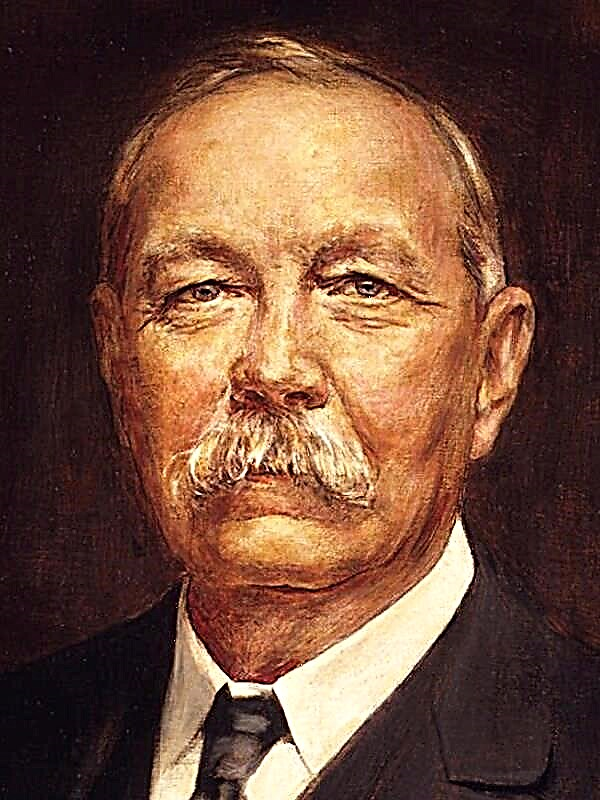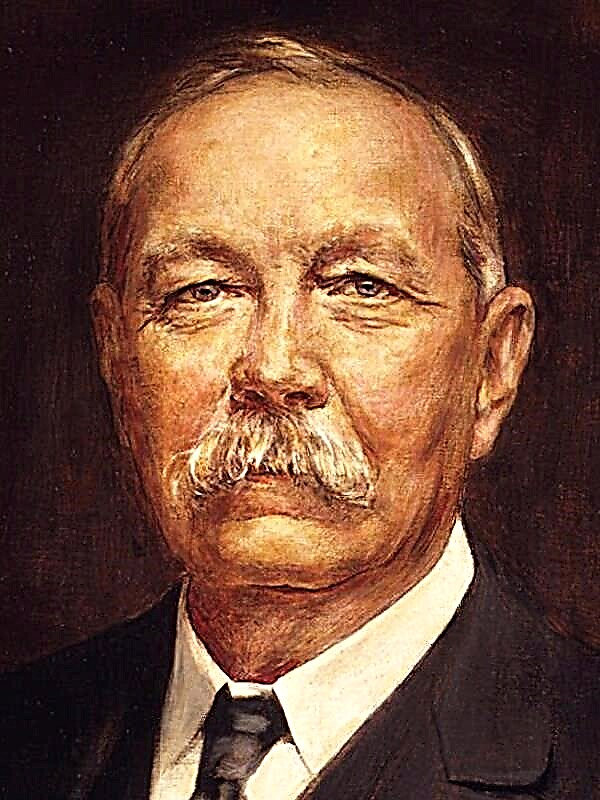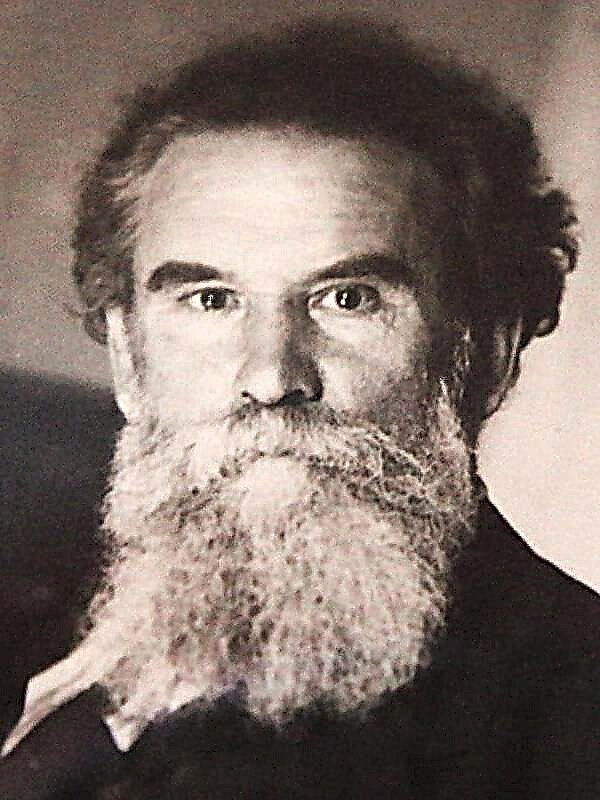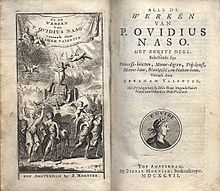(335 words) The story of A.P. Chekhov's “Death of an Official” refers to the category of anecdotal works in which the author considers the problem traditional for Russian literature (the life of a “little man”) through the prism of laughter. Even during the first reading, a clear discrepancy between the dramatic plot and the comic tone of the narrative is striking. On the one hand, it’s already clear from the title that at the end of the official’s story Chervyakova expects death (the first word in the title is “death”, the last word in the story is “dead”, this creates a ring composition tied to the death of the hero), however the incident and the cause of death of the character is so absurd that the tragic story is perceived as a joke.
Once, while sitting in a concert hall, Chervyakov sneezed and accidentally sprayed General Brizzhalov, who was sitting in front. This completes the plot of the story and begins the development of the action, which consists of Chervyakov’s attempts to apologize to the general. This is where Chekhov’s innovation in reworking the image of the “little man” is manifested: no one asks the character to apologize as much as five times, to humble himself to his superiors, to beg forgiveness, since the general, in fact, doesn’t care about the official and is trying to forget about what happened. But he does not succeed, because the culprit of the incident is trying in every possible way not only to remind himself of his fault, but also to convince Brizzhalov that he is very guilty before him. And when the general does not stand up and chases Chervyakov, not wanting to once again listen to his apologies, the little man’s world collapses, he does not understand how honoring can be not to please a high-ranking person.
The title “Death of an Official” refers not so much to physical death as to spiritual death. Voluntary groveling and self-abasement, as well as the persistence with which the official is trying to convince the general of his guilt, demonstrate a complete loss of human dignity. Having given such a title to the story, Chekhov not only immediately “removed” the intrigue, revealing the fate of the hero (the reader, even when he starts reading the story, knows that the character will die), but also outlined the main problem of the text - the moral corruption of a person whose psychology is close to the worldview of the “little man,” who cannot imagine his life without reverence. Thus, the author focuses on the fact that evil does not come so much from people who have power, but from those who try to do everything for the sake of those in power.

 The subtle art of indifference
The subtle art of indifference


